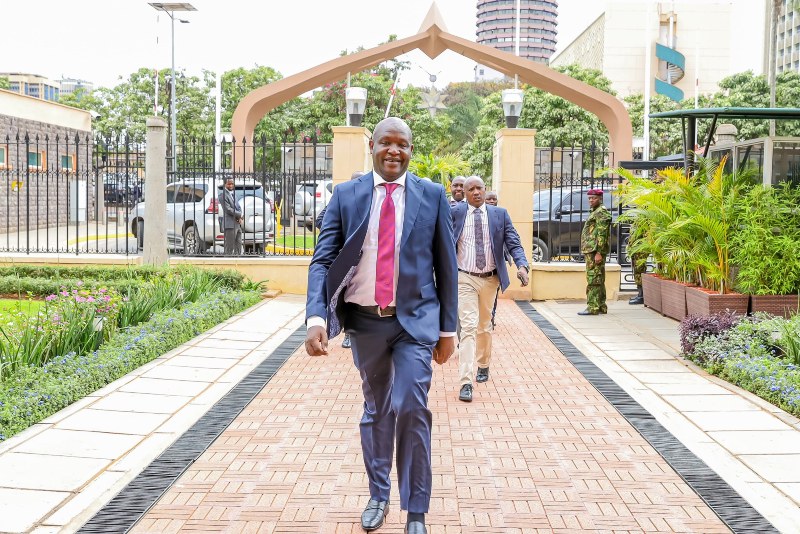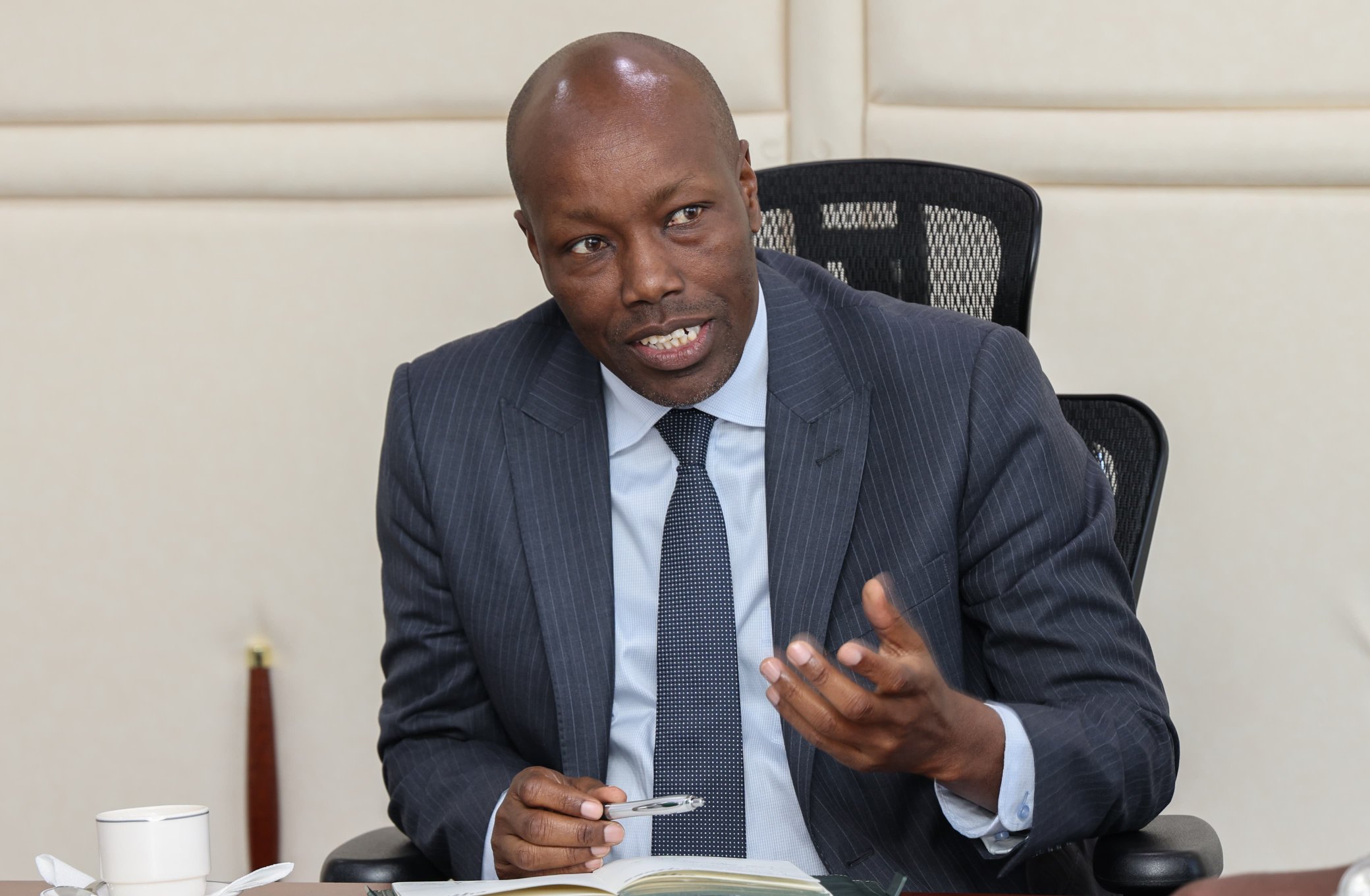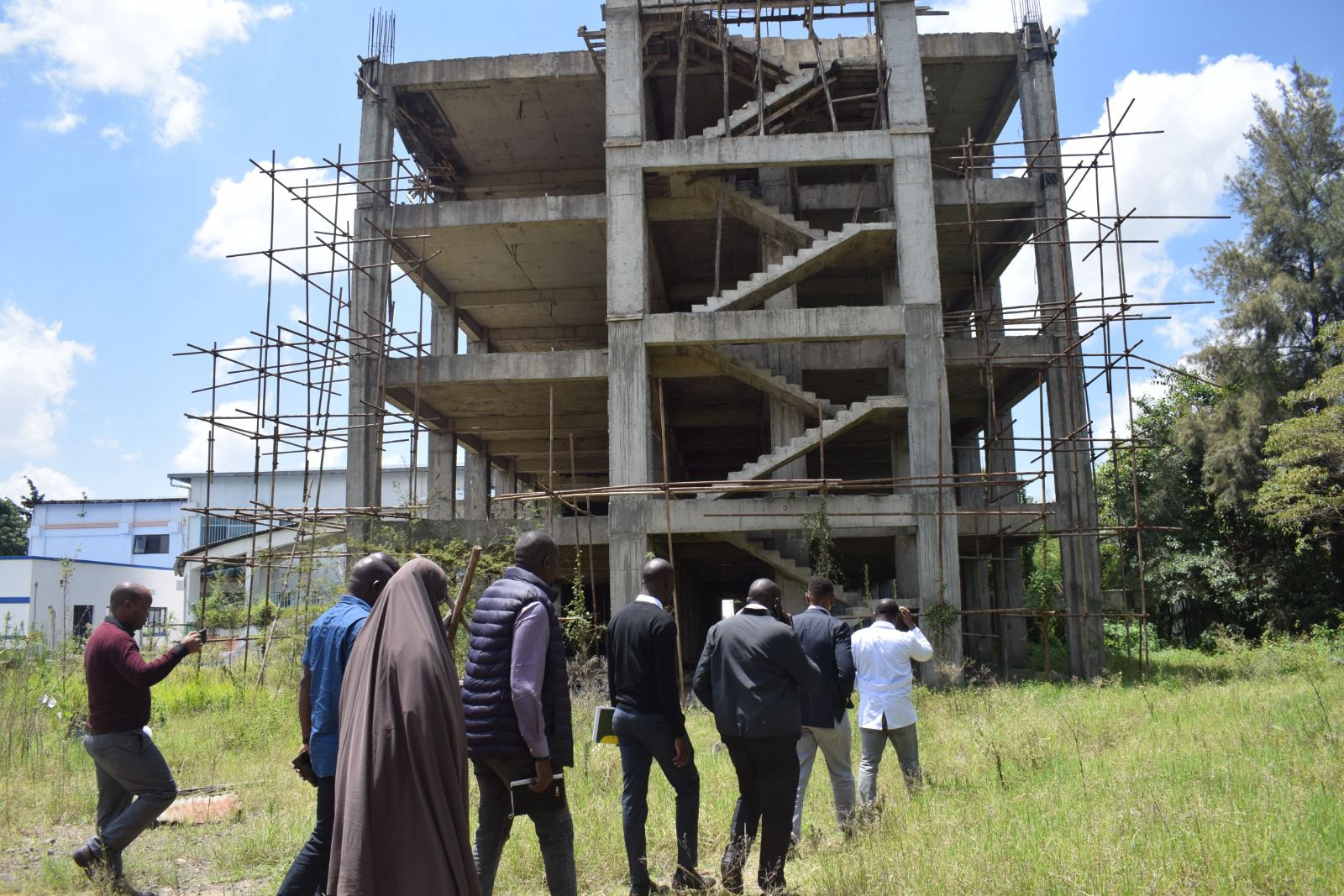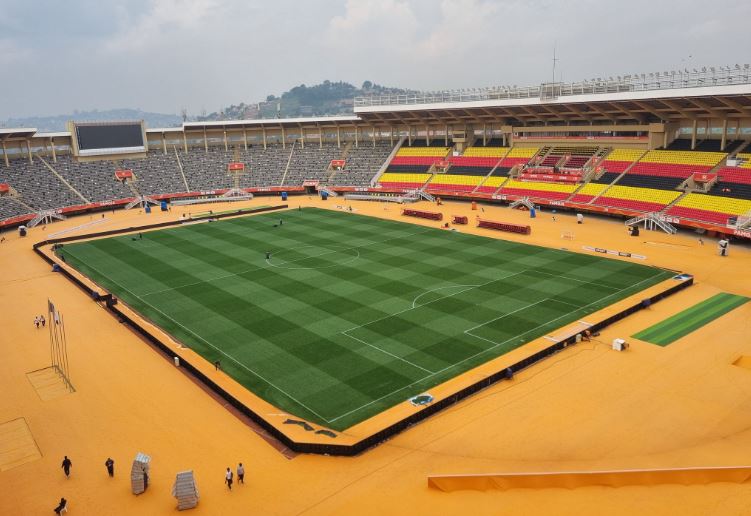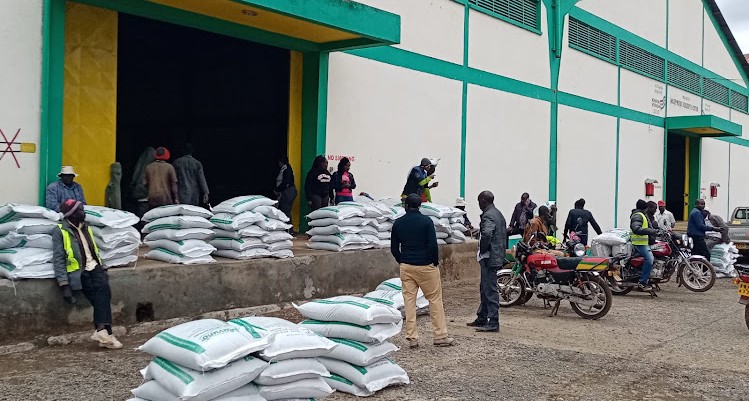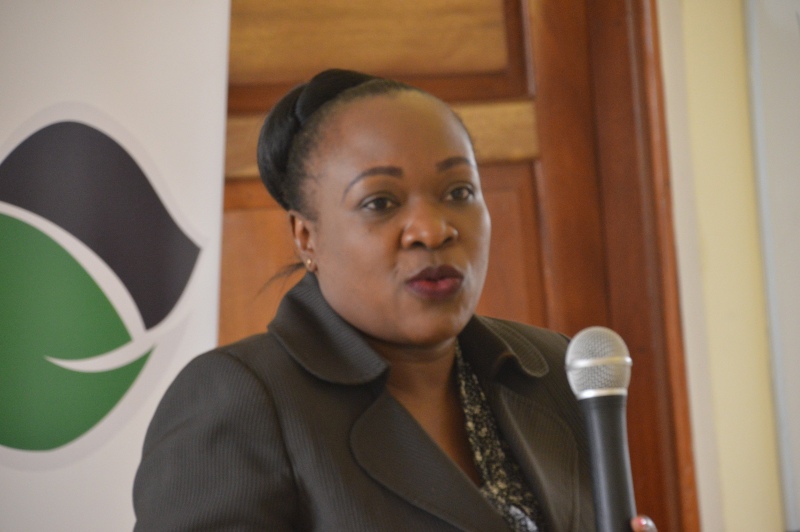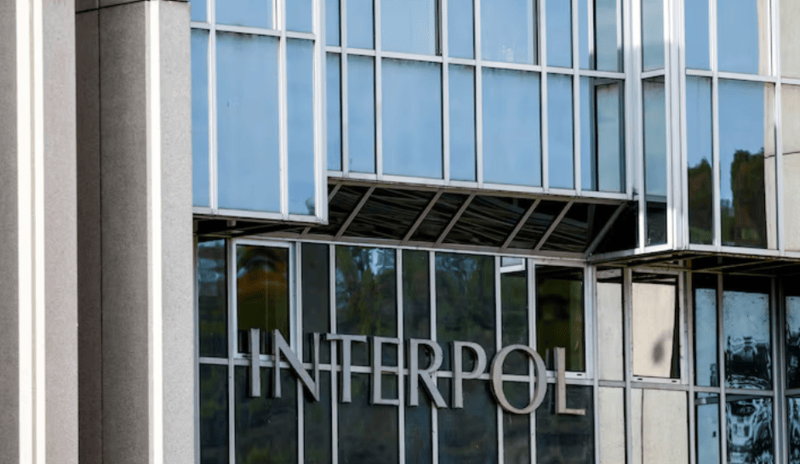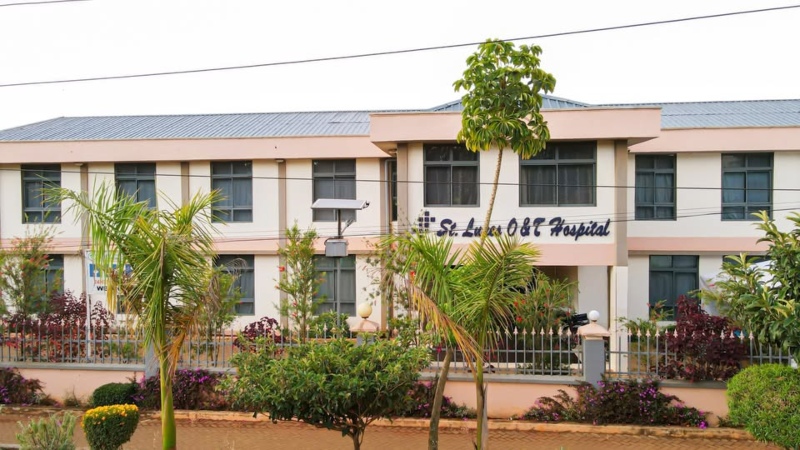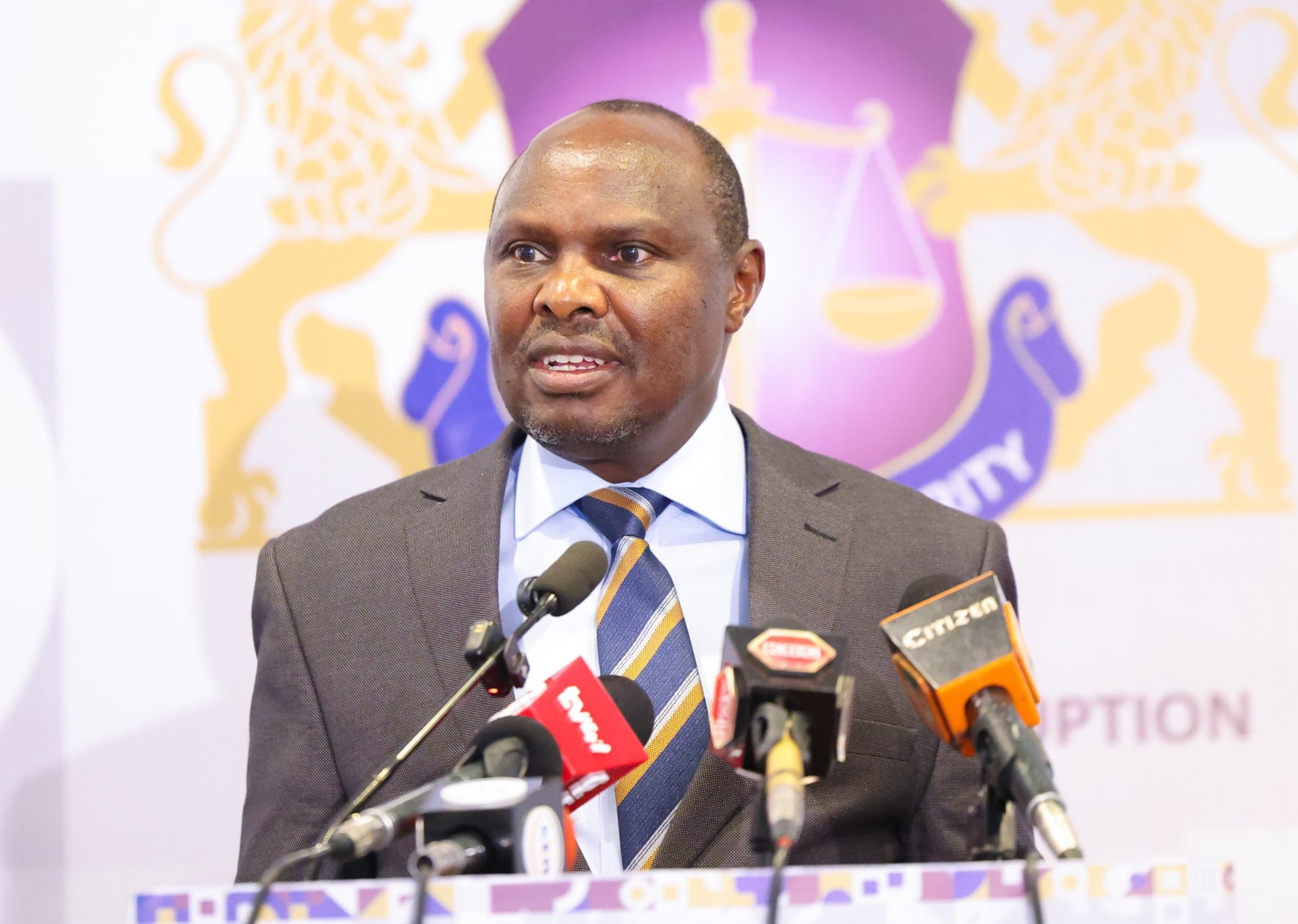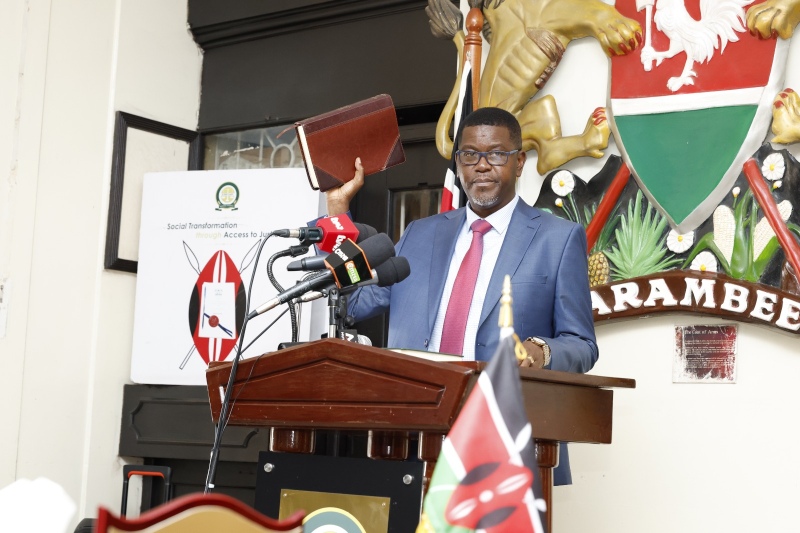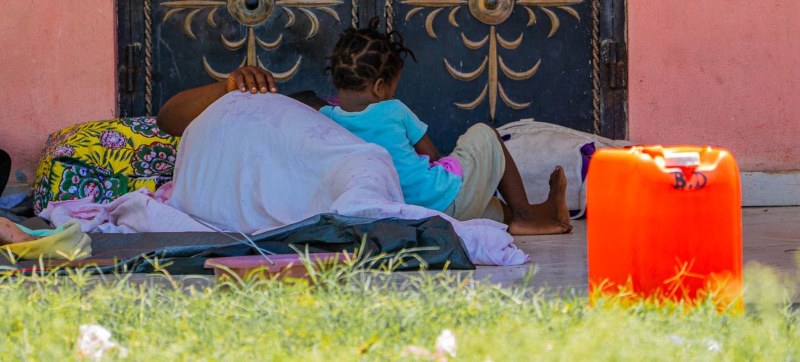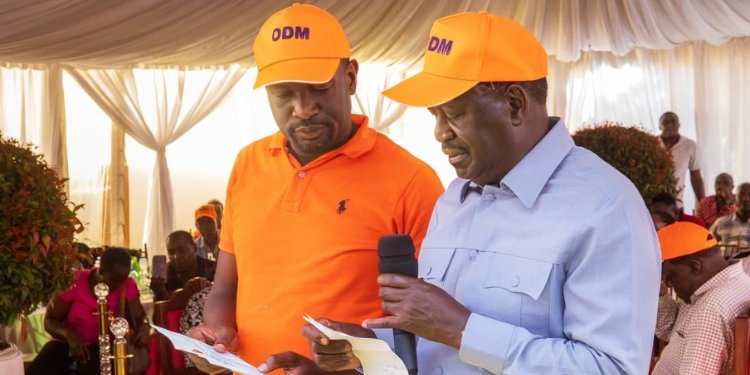SADC fumes over U.S. trade blitz, calls for collective action
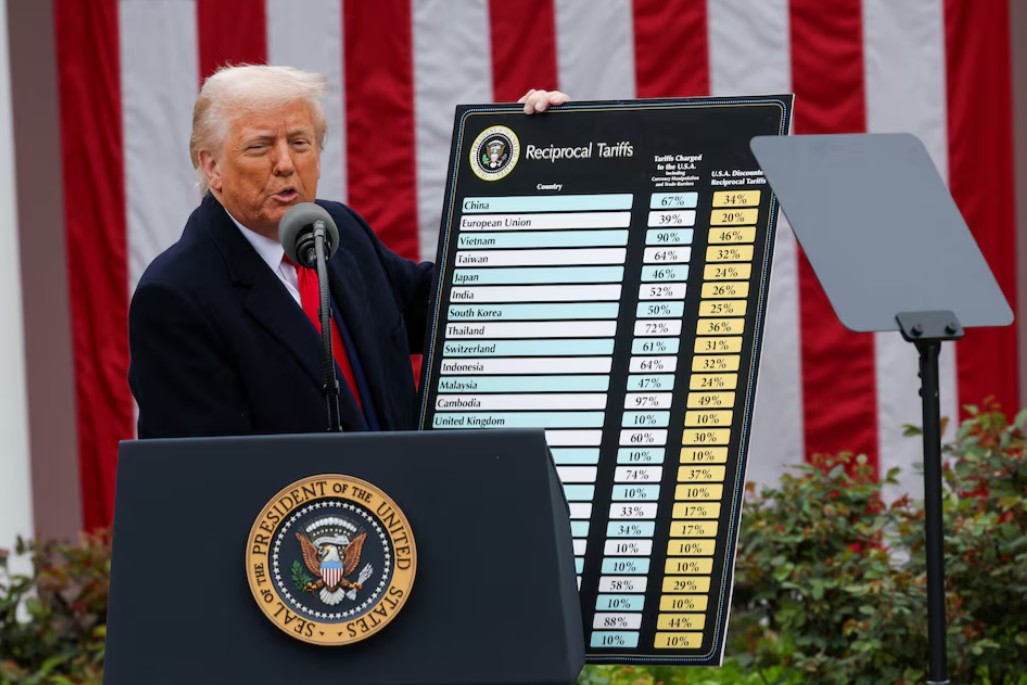
"Collective action will be taken," it said, pointing to an emergency meeting of its Council of Ministers slated for June.
On Tuesday, the 16-member bloc Southern African Development Community (SADC) issued a strongly worded statement expressing deep concern over new U.S. tariffs that threaten to upend the region's fragile export lifelines — and possibly bring AGOA-era trade privileges to a grinding halt.
It all began with President Donald Trump's "America First, Again" economic doctrine.
More To Read
- How Africa should reimagine its trade future upon AGOA’s expiry in September - experts
- US announces withdrawal from UNESCO again, citing "misalignment with national interests"
- Trump’s 30 per cent tariff on South Africa not backed by trade data — Ramaphosa
- Why is Trump meeting five African presidents this week?
- US threatens South Africa with 30 per cent tariff on all exports amid BRICS alignment concerns
- Trump bans travel to US by nationals from 12 countries including Somalia, Sudan and Congo
On April 2, Washington announced sweeping tariffs on global imports, including a blanket 10% baseline levy — effective April 5 — followed by "reciprocal" tariffs that take effect this week.
For SADC countries, the timing couldn't be worse.
"While the US has announced a list of exempted products, this does not include products such as textiles and clothing, which are amongst those exported to the US by SADC countries," the SADC secretariat said in its statement.
The bloc isn't taking it lying down.
"Collective action will be taken," it said, pointing to an emergency meeting of its Council of Ministers slated for June.
Until then, the SADC technical teams are working overtime to assess how badly the geopolitical storm is battering regional economies.
Among the hardest hit are Lesotho and Madagascar.
Lesotho's exports — many of them garments stitched for American brands — will now attract a punitive 50% tariff, while Madagascar is staring down a 47% levy.
AGOA fate
Worse still, the move could derail AGOA, the African Growth and Opportunity Act, which has long allowed African countries duty-free access to the American market.
That access, already scheduled to expire in September 2025, could effectively end sooner than expected for most of the bloc's members. The U.S. tariffs render AGOA benefits "null and void" under the new framework.
"SADC reiterates its commitment to further the objectives of the SADC Treaty through continued adherence to multilateral trade rules and fair competition administered by the World Trade Organization (WTO)," the statement noted diplomatically before hinting at the possibility of tougher regional measures if engagement fails.
But not all responses have followed the bloc's playbook.
Zimbabwe's President Emmerson Mnangagwa stunned observers last week when he announced a suspension of all tariffs on U.S. goods.
"To facilitate the expansion of American imports within the Zimbabwean market, while simultaneously promoting the growth of Zimbabwean exports," he said in a post on X.
Zimbabwe — still under U.S. sanctions for alleged human rights abuses — was slapped with an 18% tariff anyway.
While Mnangagwa played nice, the SADC saw the writing on the wall. A new global economic order is unfolding, and Africa, it seems, is being forced to dance to a tune it didn't compose.
"The region remains open to engagement with stakeholders on these matters," it said — but added that it will prioritise fair rules and regional economic survival.
Top Stories Today
